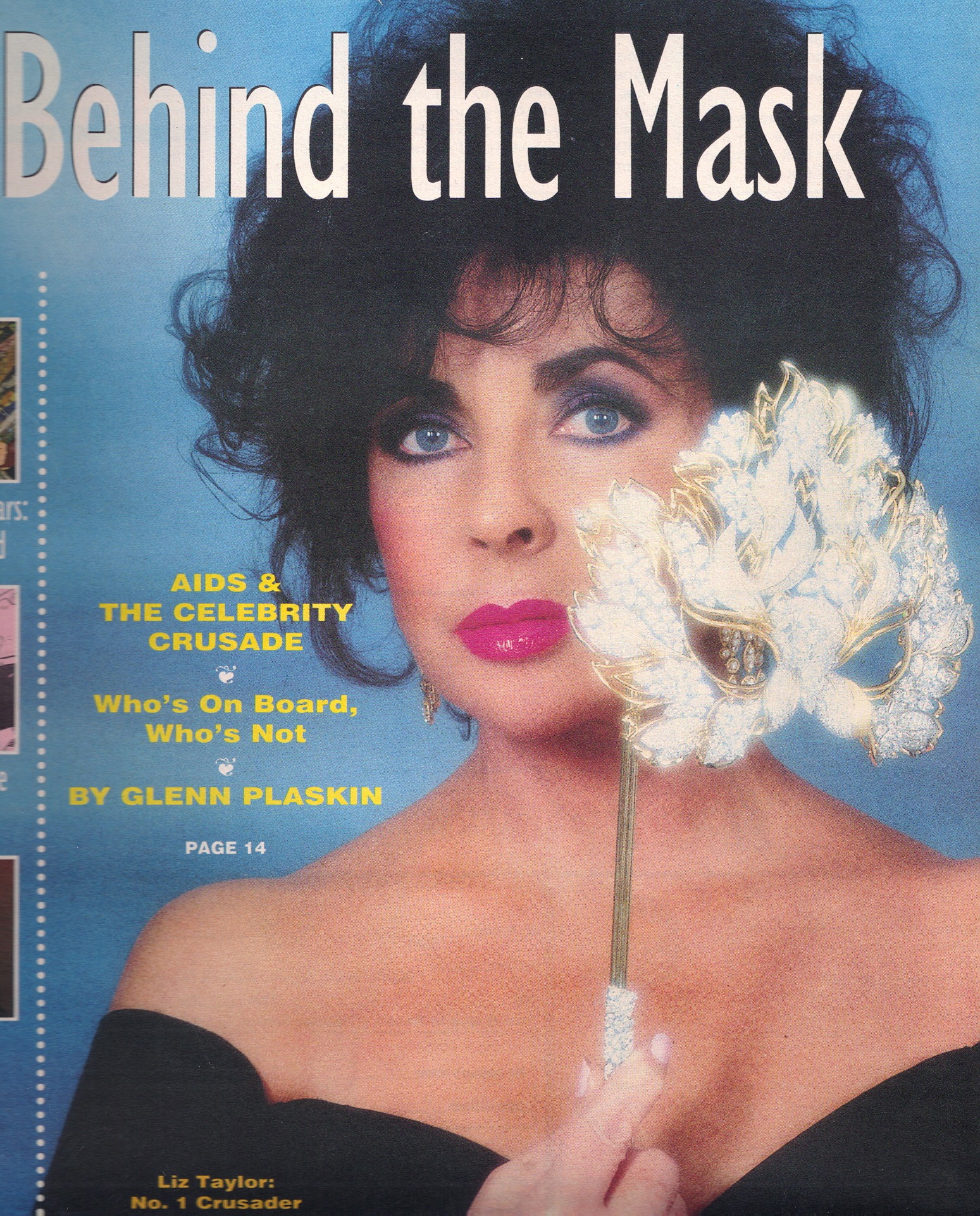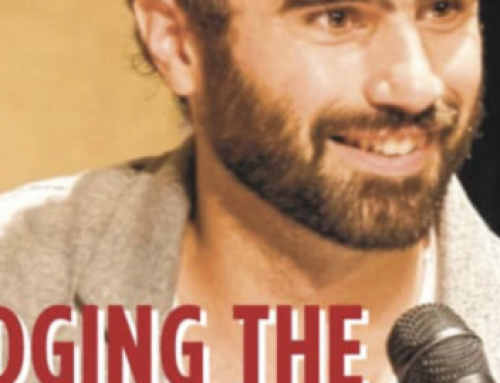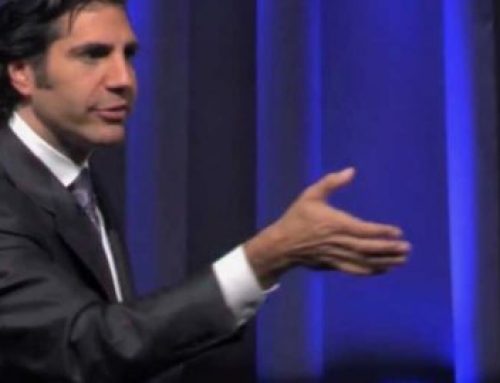Every book needs a riveting lead, an opening story that instantly draws you in, capturing your full attention.
Like the first scenes of a movie, the beginning sentences of a memoir should be seductive, lines that paint a picture and create a mood. For example, last year I finished a ghostwritten memoir about a man traumatized by domestic violence as a child, later in life creating a foundation to help adult survivors recover from abuse. It begins this way:
“I never knew that my mother slept with a knife under her bed. And she never knew that I slept with a bat under mine. But there we both were, a room apart, keeping our secret weapons handy, terrified of what the night might bring…”
The reader is hopefully engaged by the images conjured up and the promise of what may follow, which allows anyone to “get into” the book and stay there.
I personally give any book a 20 page benefit of the doubt, and if I’m not engaged by the 21st page, I put the book aside and never return to it. You have to get the reader interested.
When I wrote my first book, HOROWITZ, the biography of classical pianist Vladimir Horowitz, I began it by conjuring up a visual picture of him in performance:
“When Vladimir Horowitz walks onto the stage, he always appears in a black cutaway jacket, gray striped pants, vest, and silk bow tie–a “uniform” (as he calls it) reminiscent of the elaborate frock coat and cravat worn by performers in the nineteenth century….once at the piano, he wraps ” his audience with the sort of near-infernal energy once ascribed to Niccolo Paganini and Franz Liszt.” And we’re off on a journey that spans eight decades.
My second book, TURNING POINT: Pivotal Moments In The Lives Of America’s Celebrities, is focused on how celebrities have overcome crisis, and I begin it this way: “Sweet-smelling and innocent, trusting and unashamed, the newborn baby sleeps away the days safe from worry, longing, and fear. Safe from problems. Safe from a dangerous place. Safe not for long.”
A few pages later, Elizabeth Taylor, featured on the cover of the book, recalls the days that close friend Rock Hudson was dying of AIDS: “I’ve never seen a more painful, cruel, degrading death. So lonely. The brain, mercifully, seems to totally disintegrate. I’m goddamned sick and tired of people blaming gay men for AIDS. It could just as easily have been spread by some horny rich babe from Miami. AIDS is not a sin, it’s a disease–and the insanity of homophobia has go to stop. How dare so-called religious people say it was God’s idea, His wrath to kill the homosexuals. We’re all God’s children.” A powerful message.
And then, on a quite a different note, in a ghostwritten Christian-based book, The Power To Change Today, a Chicago Preacher who felt unloved as a child started his book this way: “When I was a little boy, I decided to run away from home. I needed to get away. Why? Because the sadness I felt inside was just too much for me to bear. I didn’t know what to do with that pain. And I was only eight years old.”
Like a suspense thriller, the reader immediately wants to turn the page and find out why that little boy was so unhappy. So whether it’s being intrigued by the greatness of a performing musician, a film star’s passion for AIDS research, or the heartache of an abused child, each lead-in is meant to grab you from the start.
That’s where a really good ghostwriter can earn his stripes. While most people recall the events of their lives, re-creating those events in a compelling way requires putting the words together so that they literally evoke the emotions of what happened.
How would you begin your autobiography?












